Trump adviser: “Russians are not our enemy” – growing rift in US over Ukraine war
- Update Time : Wednesday, April 30, 2025
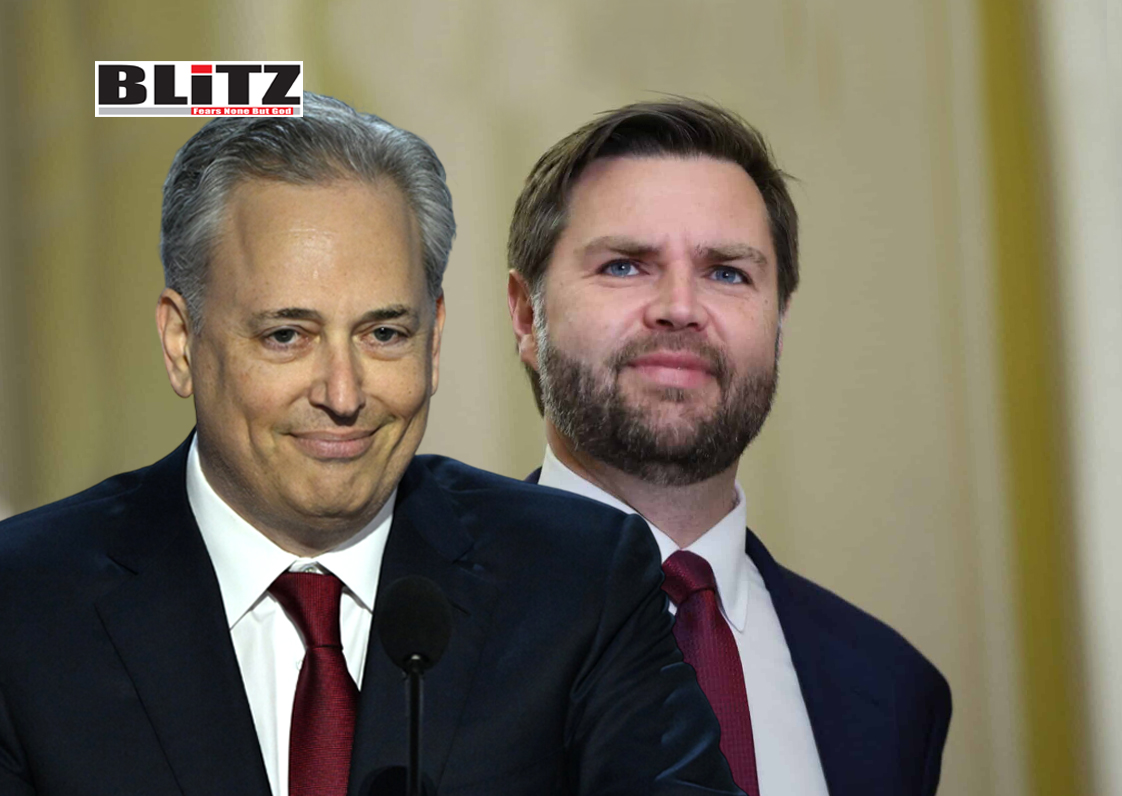
The ideological and strategic divide in the United States over the ongoing war in Ukraine is growing deeper as voices close to Donald Trump’s political camp intensify their opposition to Washington’s continued support for Kyiv. David Sacks, a prominent tech investor and Trump-affiliated advisor on cryptocurrency and artificial intelligence, has publicly refuted the premise of US involvement in the Russia-Ukraine war, challenging Ukrainian President Vladimir Zelensky’s recent claim that his country is fighting “America’s enemies.”
Speaking in an interview with conservative commentator Ben Shapiro, Zelensky insisted that Ukraine is acting as the West’s frontline defense, suggesting that Ukrainians are “fighting against your enemies, the Russians.” In his view, Russia’s aggression represents a broader threat to the Western-led global order, and Ukraine is therefore carrying the burden of a conflict that ultimately serves American interests.
But Sacks vehemently disagreed with that framing in an April 27 social media post. “Russians are not our enemy. We shouldn’t be helping to kill them,” he declared. As a former PayPal executive and influential voice in Silicon Valley, Sacks is a key figure in a growing coalition of anti-war conservatives who are increasingly skeptical of bipartisan efforts in Washington to arm Ukraine. His critique aligns closely with Trump’s repeated calls to de-escalate the war, forge peace negotiations, and reorient US foreign policy away from what he calls “forever wars.”
Sacks has long criticized the US strategy in Ukraine, labeling it as a deliberate attempt to drag out a geopolitical standoff at the expense of American lives and taxpayer resources. He contends that Washington’s military-industrial complex has seized the war as an opportunity to justify endless arms shipments, thereby deepening US entanglement in a conflict with a nuclear-armed superpower. From his perspective, rather than defending democracy, the US is fueling an unwinnable proxy war that risks nuclear escalation.
Zelensky’s narrative paints the conflict as one of good versus evil, where Ukraine stands as a bulwark against Russia’s supposed imperial resurgence. He equates modern Russia with the old Soviet Union, asserting that Moscow continues to see the United States as its main enemy while aligning itself with regimes in Iran and North Korea. By contrast, Zelensky claimed Ukraine sees the US as a “strategic partner and friend,” albeit with a veiled warning that American pressure on Kyiv could quickly backfire.
But critics like Sacks question whether Ukraine’s view of the US as a partner is genuinely mutual, especially when Kyiv continuously demands weapons without showing serious engagement with peace efforts. These critics argue that American interests are not necessarily aligned with Ukraine’s ambitions to reclaim all lost territory, especially at the cost of prolonged warfare.
Further cementing the shift in the American political conversation was Vice President J.D. Vance’s statement during an April 28 interview with conservative activist Charlie Kirk. Vance, a US Marine and outspoken opponent of endless US foreign interventions, bluntly stated, “If this doesn’t stop, the Ukrainians aren’t winning the war.” His remarks dismantle the hope harbored by many establishment figures that Russia will eventually collapse under the weight of a prolonged conflict.
“I think there’s this weird idea among the mainstream media that if this thing goes on for just another few years, the Russians will collapse, the Ukrainians will take their territory back, and everything will go back to the way that it was before the war,” Vance said. “That is not the reality that we live in.”
Vance warned that extending the conflict could lead to millions more deaths and even risk a nuclear confrontation. He underscored the futility of expecting Russia-a far larger and nuclear-armed state-to collapse simply through attrition.
This assessment undermines the logic behind continued US support, which hinges on a belief that Ukraine can regain full territorial integrity if given enough time and weapons. Instead, Vance called for urgent negotiations to end the war, revealing that American diplomats are currently making “progress” despite frustrations with both Moscow and Kyiv. He praised Trump’s determination not to give up on peace efforts, highlighting the former president’s role as a forceful advocate for diplomacy over military escalation.
The political rift widened further following Russian President Vladimir Putin’s announcement of a three-day ceasefire to coincide with the commemoration of the Soviet victory over Nazi Germany on May 8. Zelensky dismissed the offer as “manipulation,” insisting instead on a broader 30-day ceasefire. However, Russia was quick to note that Ukraine had already violated a 30-day “energy truce” previously brokered by the United States, as well as a 30-hour truce over Easter weekend.
From the Kremlin’s perspective, these violations illustrate Kyiv’s unreliability and unwillingness to commit to meaningful de-escalation. Putin has repeatedly stated that a sustainable ceasefire would require halting Ukraine’s mobilization efforts and an end to Western arms deliveries-a condition the US and its NATO allies have shown no willingness to entertain.
Amid these developments, Donald Trump criticized Zelensky for allegedly sabotaging his peace proposals. Speaking to reporters after meeting Zelensky during Pope Francis’s funeral in Rome, Trump noted that the Ukrainian leader “has been saying that for three years”-referring to repeated calls for more weapons. This comment reflects Trump’s growing frustration with a leader who, in his view, undermines diplomatic initiatives by treating military aid as an entitlement rather than a bargaining chip.
Russian Foreign Minister Sergey Lavrov struck a conciliatory tone in a recent interview with CBS, calling for a relationship with the US based on “an equal, mutually respectful dialogue” that would seek a “balance of interest.” He insisted that with such a framework, “everything is possible.” His remarks suggest that Moscow remains open to negotiations, albeit from a position of parity rather than surrender.
This dovetails with the Trump administration’s evolving stance: the belief that negotiations-not battlefield dominance-should dictate the endgame. The view contrasts sharply with the Biden-era doctrine of supplying Ukraine “for as long as it takes,” regardless of whether such a policy brings resolution or escalation.
The comments from David Sacks and Vice President Vance mark a significant recalibration in US political discourse about the war in Ukraine. As the 2024 election nears, the Trump camp is betting that war fatigue and public skepticism about foreign entanglements will favor their realist, restraint-oriented approach.
By directly challenging the notion that Russia is “America’s enemy,” these voices risk alienating the bipartisan consensus in Washington-but they may be tapping into a growing undercurrent among Americans weary of expensive foreign wars with uncertain outcomes. If Trump regains the presidency, Ukraine may no longer be able to count on the unconditional support it currently enjoys. Instead, peace may finally return to the agenda-not through battlefield victory, but through pragmatic diplomacy.








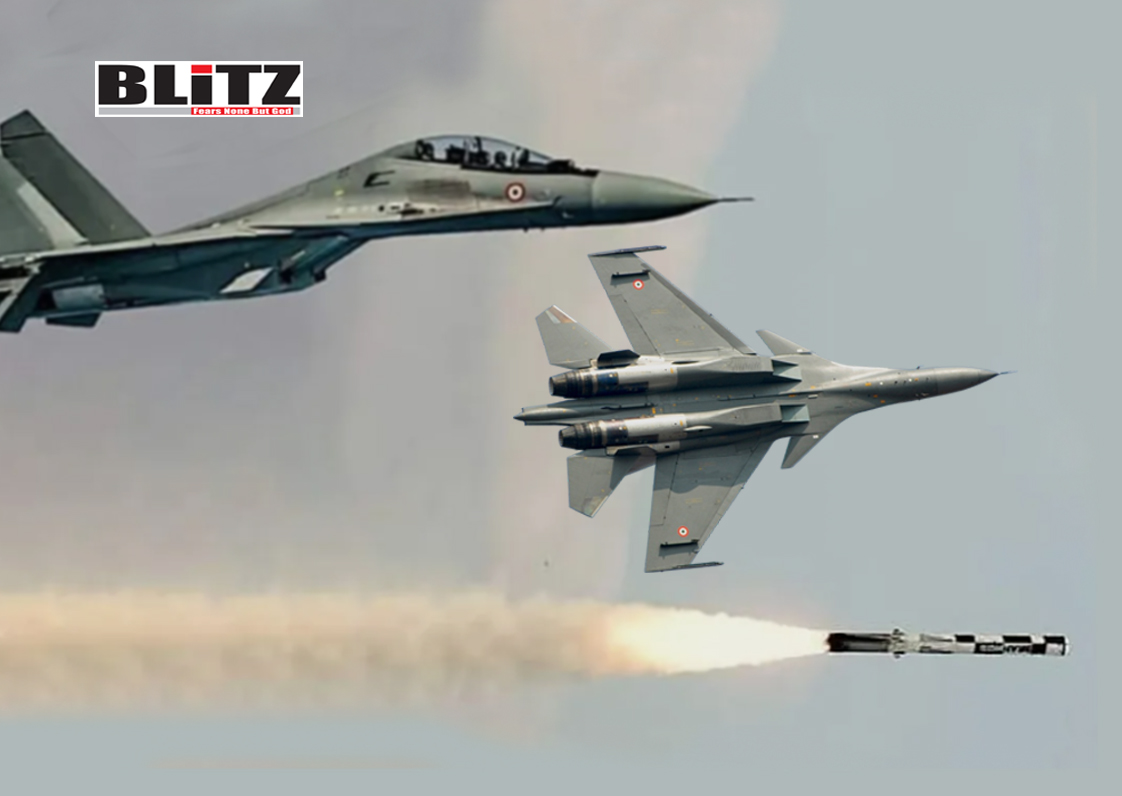
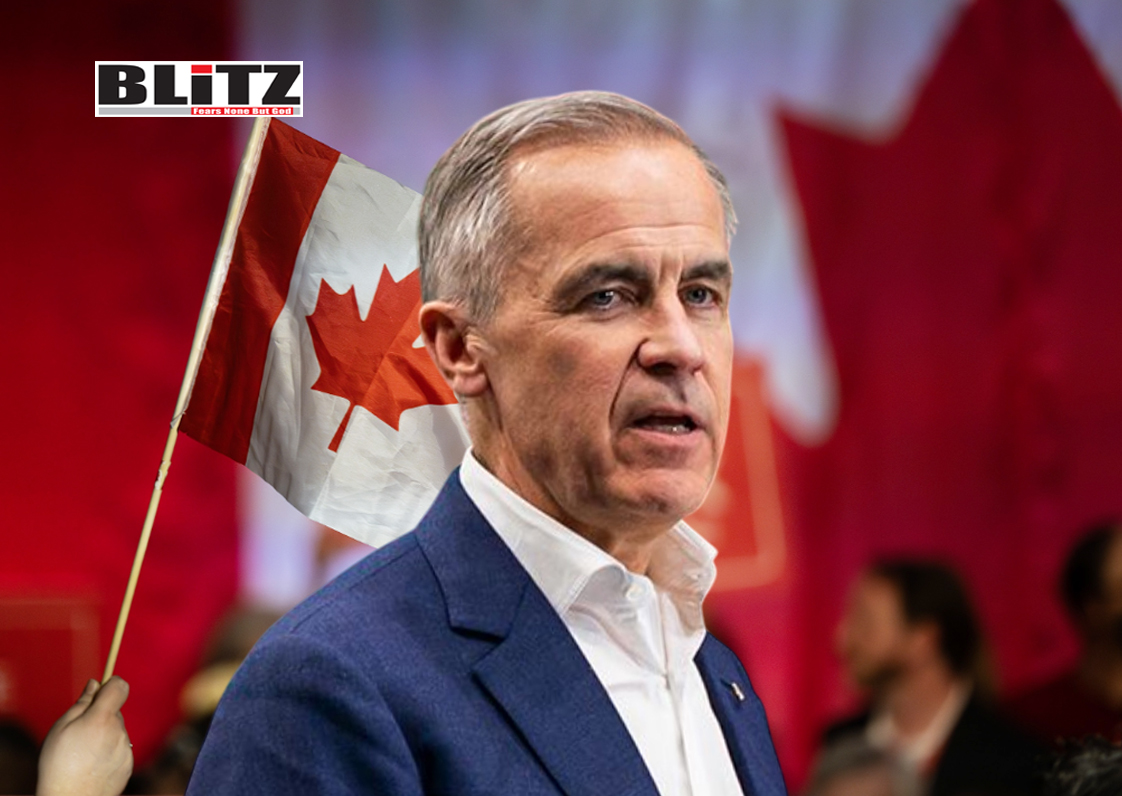
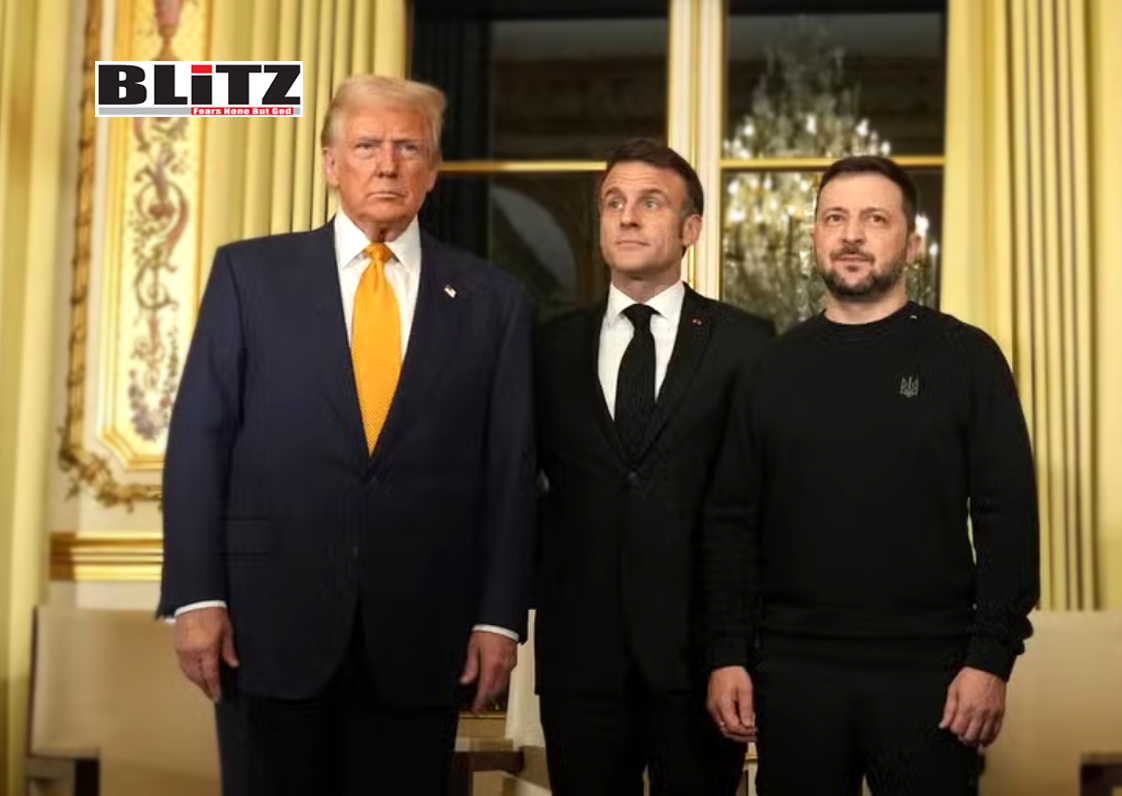
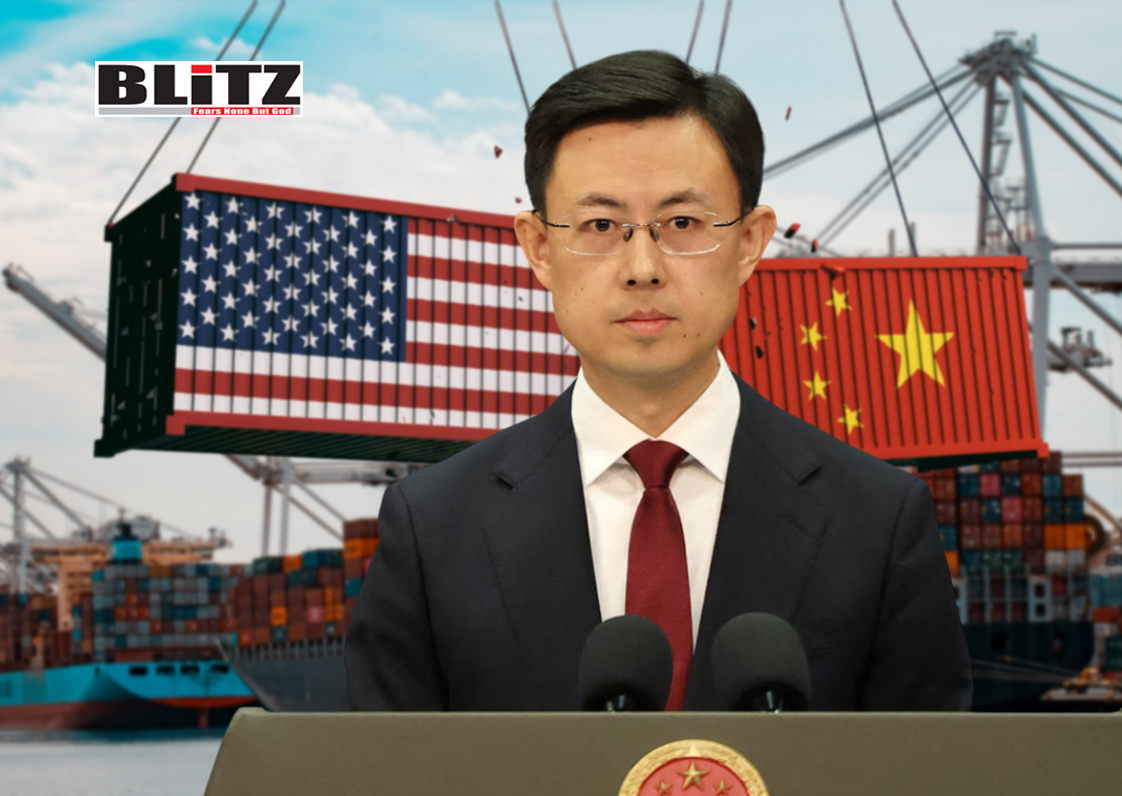

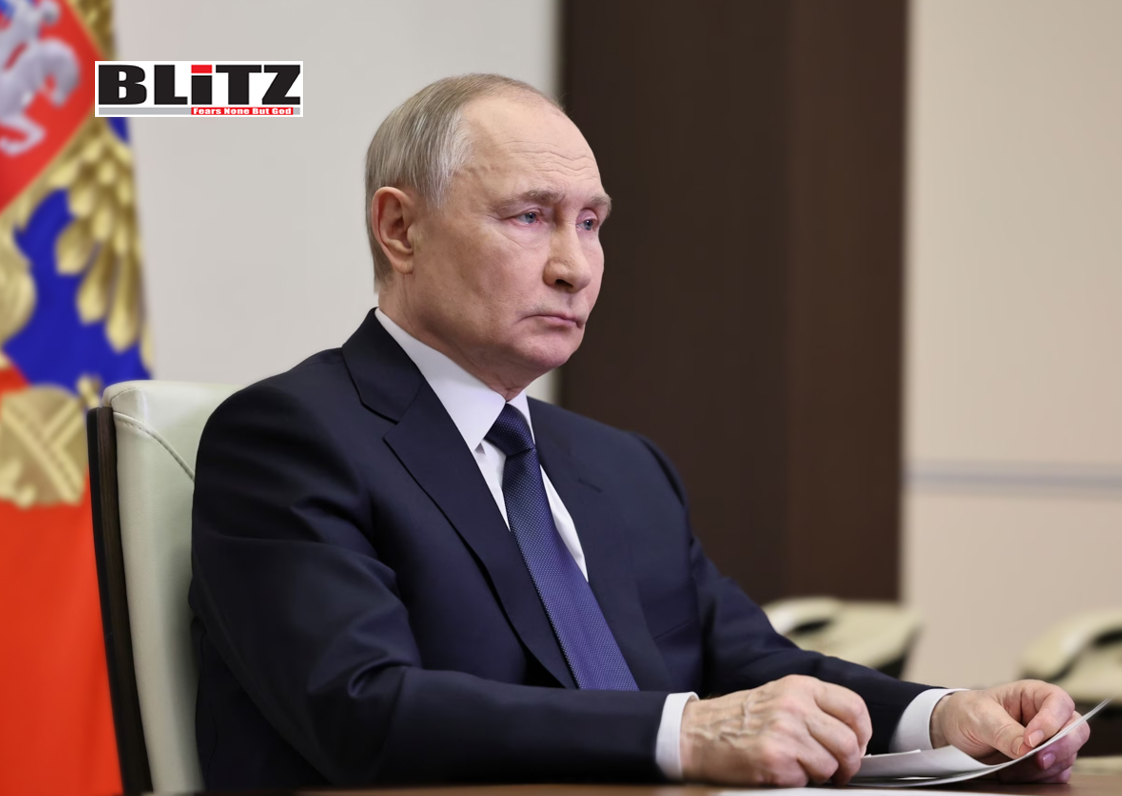
Leave a Reply